News: Centre of Excellence
Trade4Climate Event Series for Australian Industry and SME's
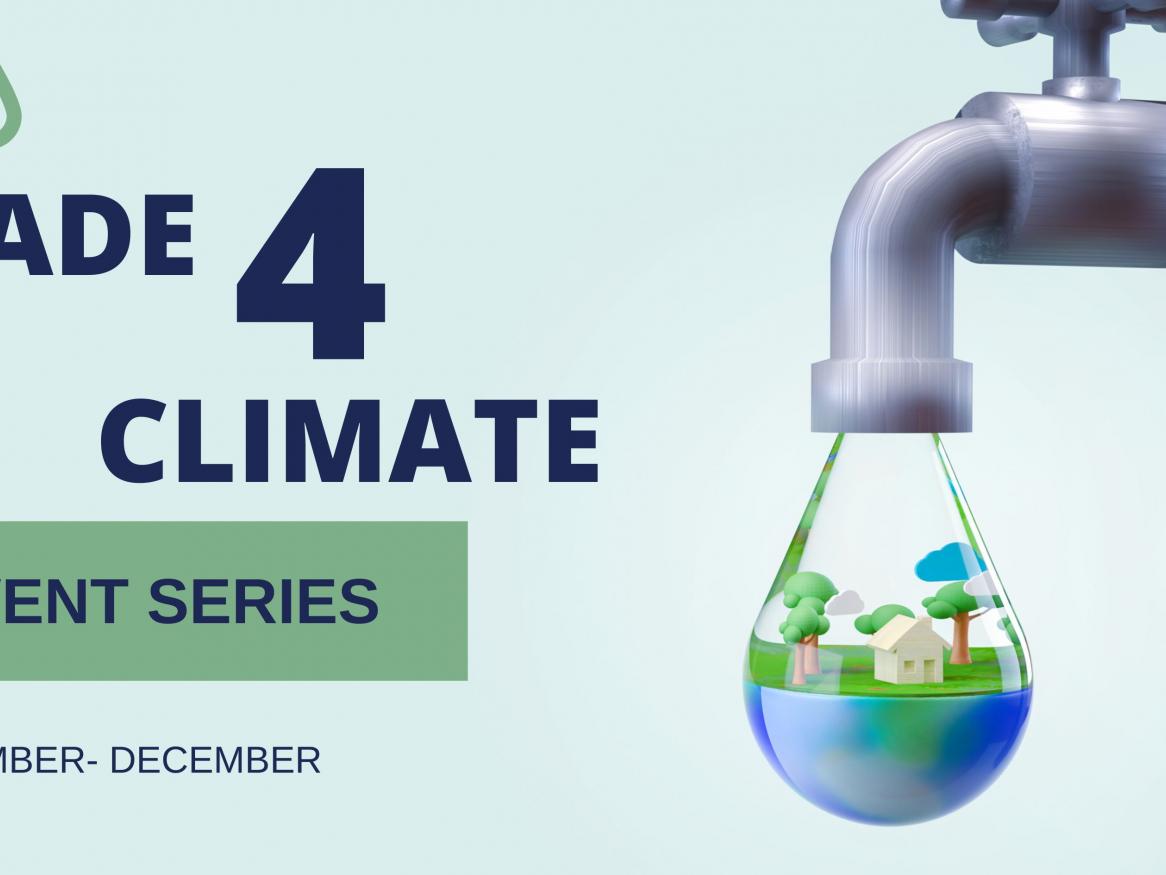
The University of Adelaide’s Institute for International Trade, Jean Monnet Centre of Excellence in International Trade and Global Affairs, with funding from the European Union’s Erasumus Plus programme, and the Global Trade Professionals Alliance (GTPA) are hosting a Trade4Climate Event Series for Australian Industry and SME's
[Read more about Trade4Climate Event Series for Australian Industry and SME's]
Reforming EU Rules of Origin Applied to Trade Agreements with Africa

Mike Humphrey, Senior Trade Consultant. Currently there are multiple sets of Rules of Origin (RoO) that apply to the EU’s different trade agreements it has with various groups of African countries. In this Op Ed I will make the case for replacing these with a single set of RoO that apply to all these different trade agreements, making cumulation possible with any African country for all African exporters to the EU.
[Read more about Reforming EU Rules of Origin Applied to Trade Agreements with Africa]
Reforming EU Rules of Origin Applied to Trade Agreements with Africa - Webinar

The Institute for International Trade (IIT), through its Centre of Excellence in International Trade & Global Affairs, invite you to join us for a presentation on the case for Reforming EU Rules of Origin Applied to Trade Agreements with Africa. Thursday, 10 November 2022
[Read more about Reforming EU Rules of Origin Applied to Trade Agreements with Africa - Webinar ]
Third Australia-Europe Economic Relations Dialogue
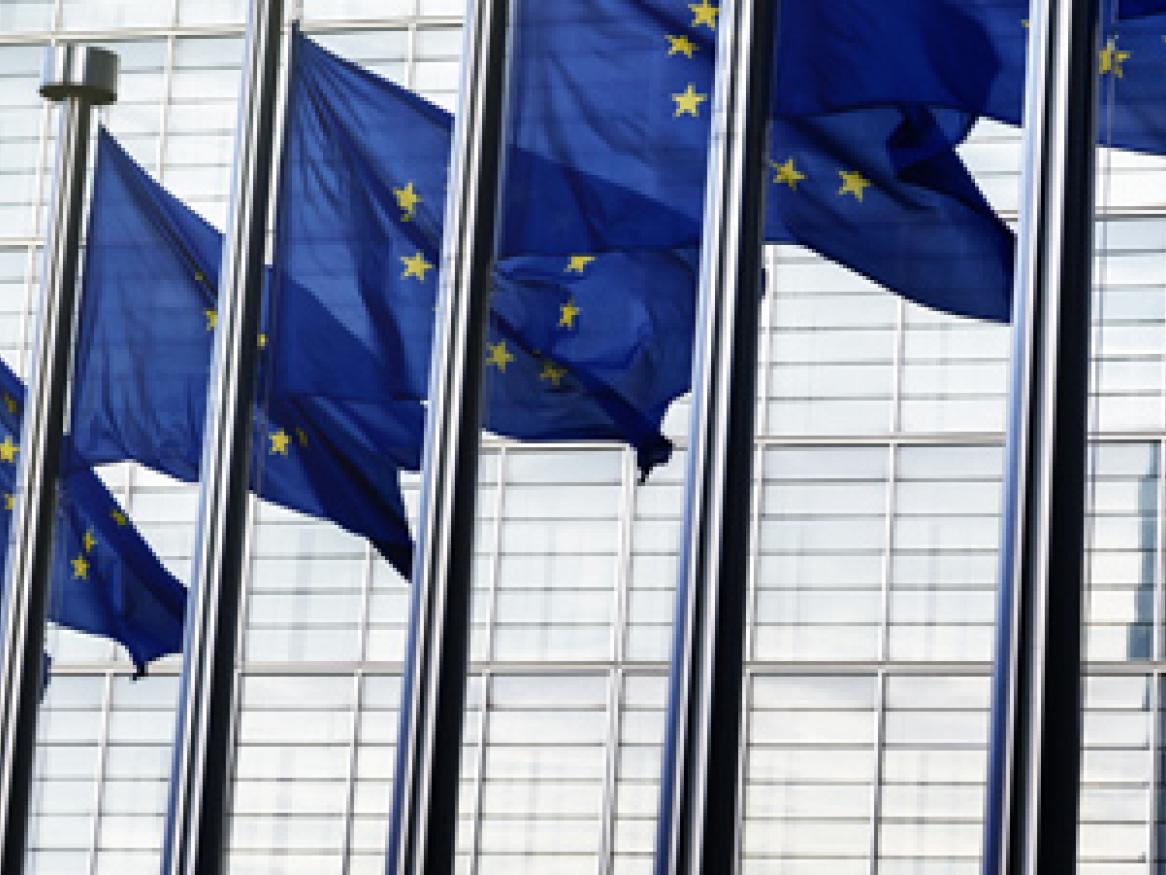
4th October, 2022. Third Australia-Europe Economic Relations Dialogue. Hosted by Friedrich-Schiller Universitat Jena, Senatssaal.
Attended by Peter Draper (IIT) who opened the policy roundtable, Andreas Freytag (Friedrich-Schiller Universitat FSU), Mike Plummer (Johns Hopkins University, Bologna)
Uwe Cantner, Vice-President FSU Jena. Key note speaker Anabel Gonzalez, Deputy Director General, WTO: Trade Policy in Times of Systems Competition
[Read more about Third Australia-Europe Economic Relations Dialogue]
Reviving the EUs Free Trade commitments - let’s start with Australia!
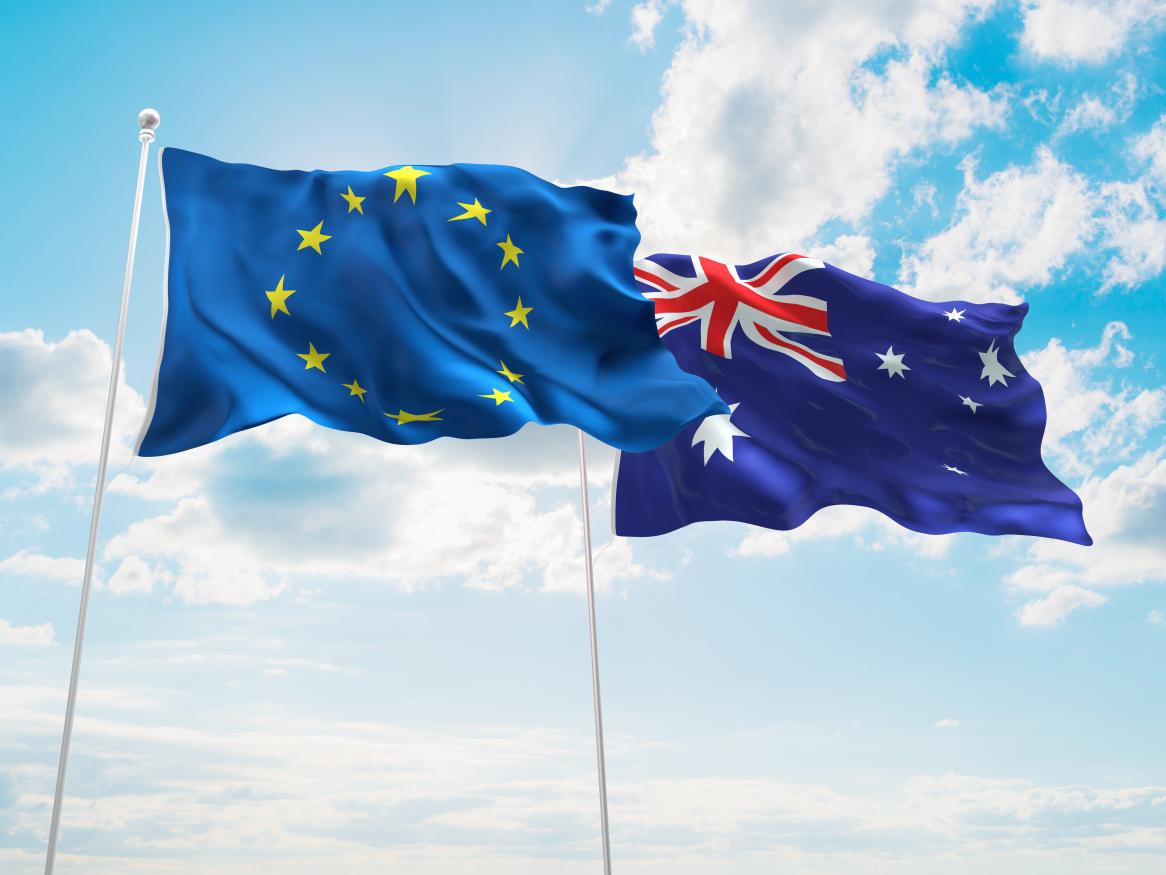
Catharina Rinzema, Member of European Parliament (Renew Europe, The Netherlands), Morten Lokkegaard, Member of European Parliament (Renew Europe, Denmark), Professor Peter Draper, Executive Director of the Institute for International Trade.
The European Parliament this month sent a delegation to Australia to strengthen our ties with strategic Indo-Pacific partners. This op-ed argues that these democratic allies and trade partners have a good opportunity to promote common values and rule-of-law trade through the under-negotiation EU-Australia free trade agreement.
[Read more about Reviving the EUs Free Trade commitments - let’s start with Australia!]
The future of EU trade policy and strategies in a militarised environment
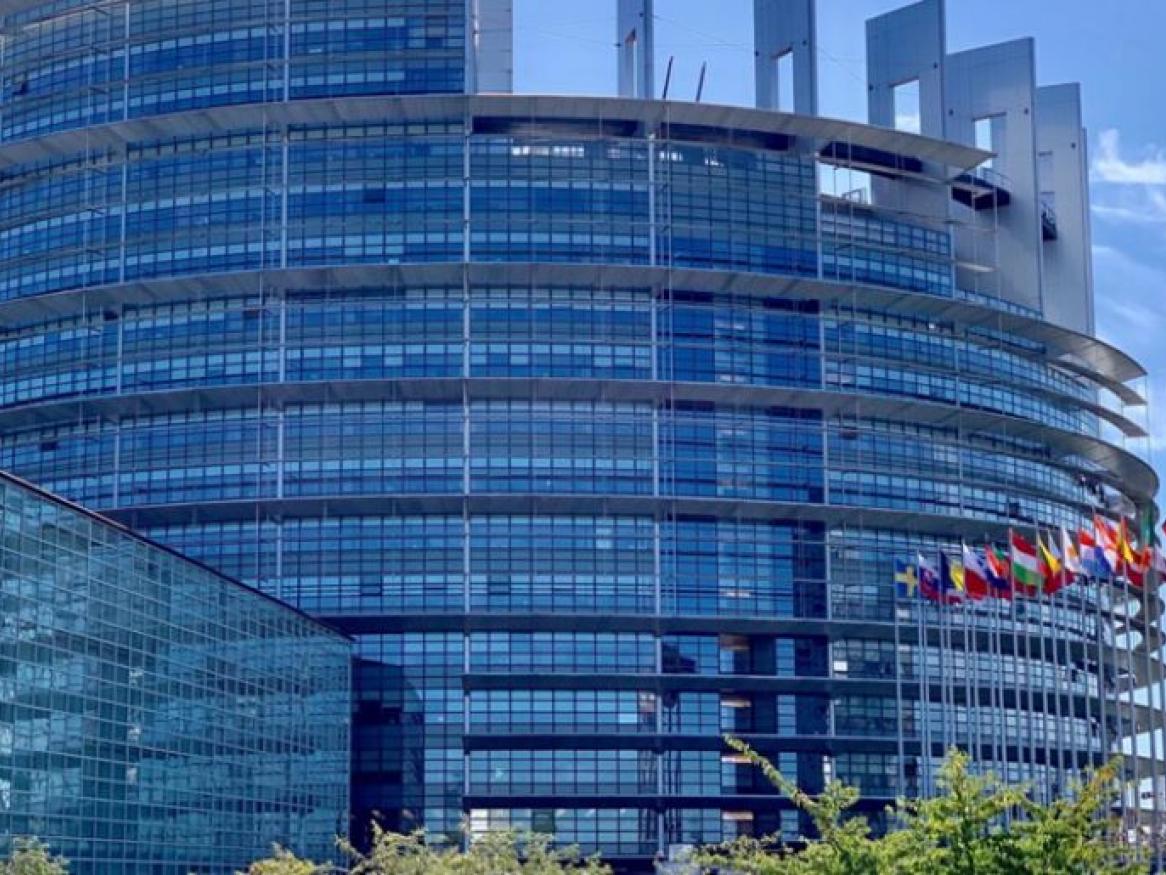
WORKING PAPER 11
China’s economic rise has transformed the international trade system. Furthermore, given its divergent economic model China is challenging the global economic order in ways that previous Asian competitors never did. In response to systemic rivalry and an increasingly tense international environment, the EU seeks to build more “strategic autonomy” from the United States, its main security benefactor. Economically, the EU policy of Open Strategic Autonomy seeks to maintain openness to trade, while developing tools for dealing with coercive and unfair trade practices. This paper identifies the key elements of this policy, as well as the risks it holds for European economic liberalism.
[Read more about The future of EU trade policy and strategies in a militarised environment]
CELIS Forum on Investment Screening (CFIS) 2022
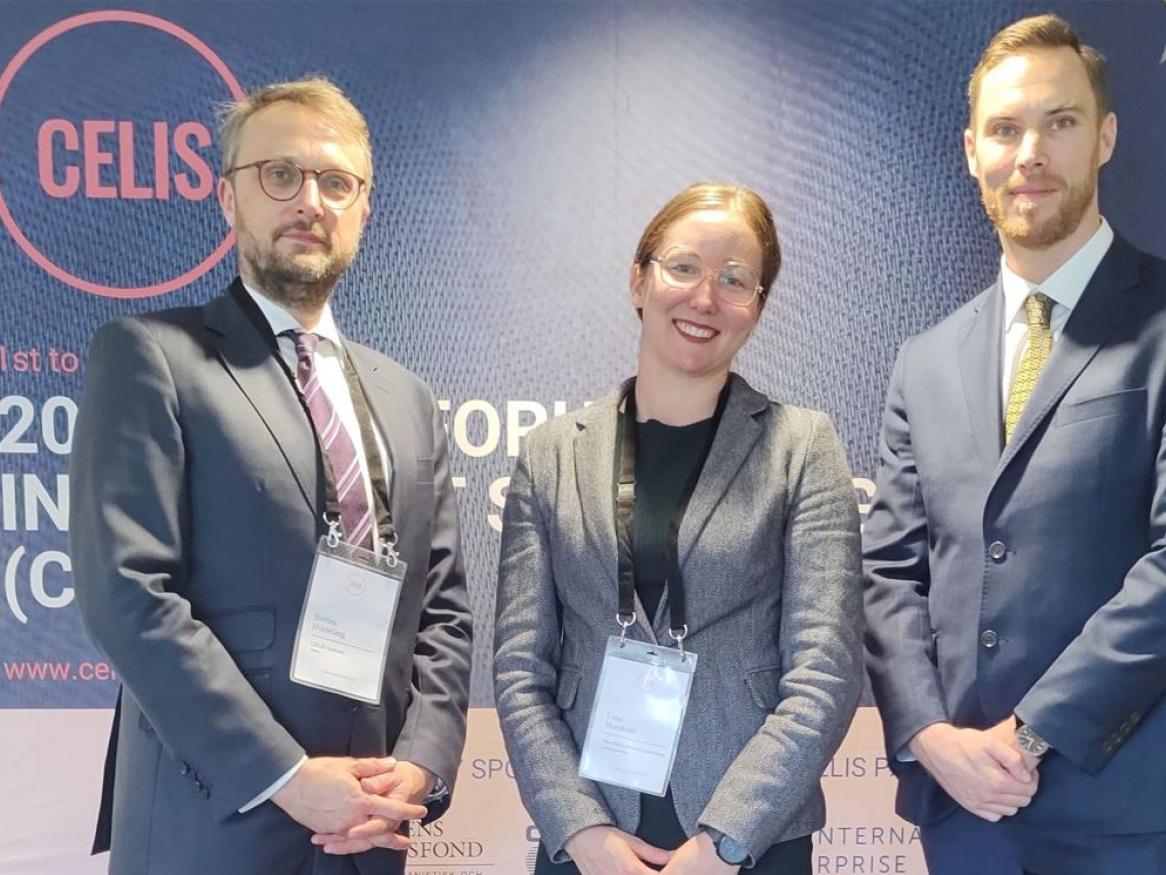
1st - 3rd June 2022, IIT’s Dr Naoise McDonagh was invited to present at the 2022 CELIS Institute Annual Forum on Investment Screening. CFIS 22 is Europe's first and foremost forum to discuss questions on investment screening and security. It serves to enhance the Institute's analytical capacity and facilitate the shaping of common approaches. A marketplace of ideas, CFIS 22 brings together EU officials, national experts, diplomats, academics, business leaders, think tankers, and representatives of civil society and the media from across Europe and beyond.
[Read more about CELIS Forum on Investment Screening (CFIS) 2022 ]
Improving border adjustment mechanisms

WORKING PAPER 09
Despite several attempts and significant progress, broad agreement on the most appropriate way to manage conflicts between international trade and environmental issues has yet to emerge. Consequently, this paper begins with a search for a set of principles to guide the use of border adjustment mechanisms to ameliorate global environmental problems or, as economists call them, global externalities.
Ten principles are developed, and then applied to the European Union's current CBAM design, and recommendations for improving that design are put forward. As this CBAM is rooted in the EU's Emissions Trading System, broad recommendations for aligning the ETS with the principles are also offered.
Policy Roundtable: Economic Coercion and International Trade: the nature of the challenge and policy response options
Wednesday 30th March, 2022. Arbitrary instances of economic coercion by state actors have become frequent in recent years, undermining multilateral norms and rules. Liberal democracies are increasingly concerned over the systemic quality of such coercion, and are debating and designing possible policy responses on how to respond while maintaining a stable international trading system. Event report by Dr Naoise McDonagh, Institute for International Trade.
Swedish Perspectives on the Green Transition

30 March 2022. Presented by Deputy Head of Mission Per Linnér. Hosted by Institute for International Trade, Jean Monnet Centre of Excellence. Deputy Head of Mission Per Linnér provided a presentation titled ‘Swedish Perspectives on the EU’s Green Transition’. The presentation first provided an overview of the key forces driving Sweden’s political positioning and policy-making on green economy development, noting the powerful societal and grassroots origins of Swedish environmentalism that is energised by a strong sense of urgency to resolve climate change.
[Read more about Swedish Perspectives on the Green Transition]
This work is licensed under Commons Attribution-NonCommercial-NoDerivatives 4.0 International License.
IIT is a global leader in researching, analysing and commenting on International Trade.
Stay informed about our up-and-coming seminars, events, publications, awards, new projects and collaborations, and other exciting news.
